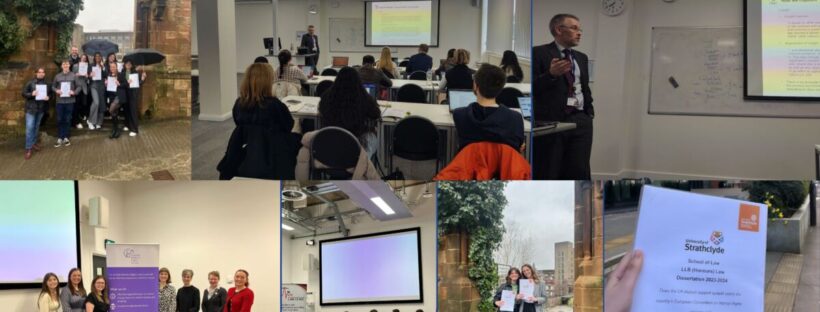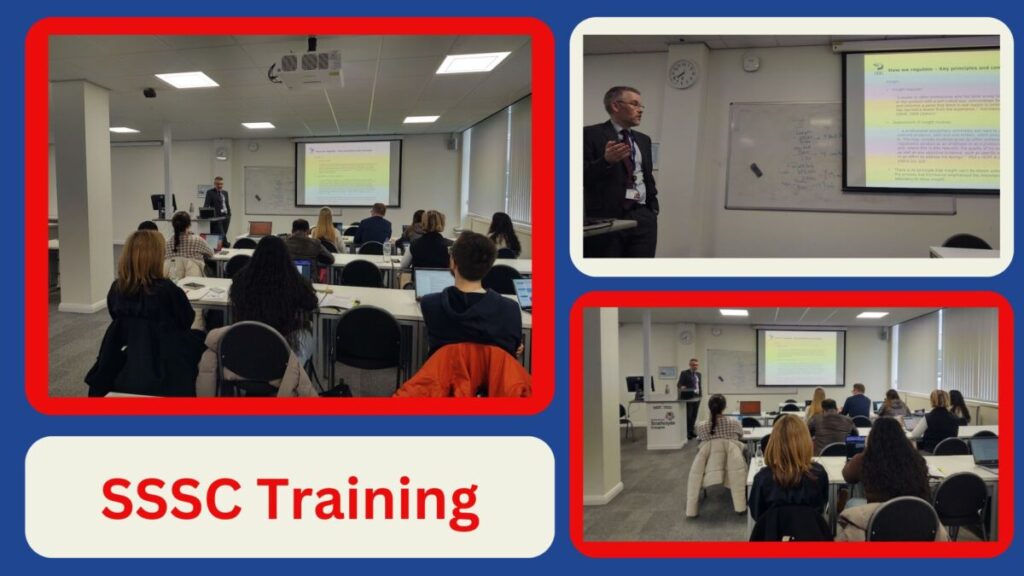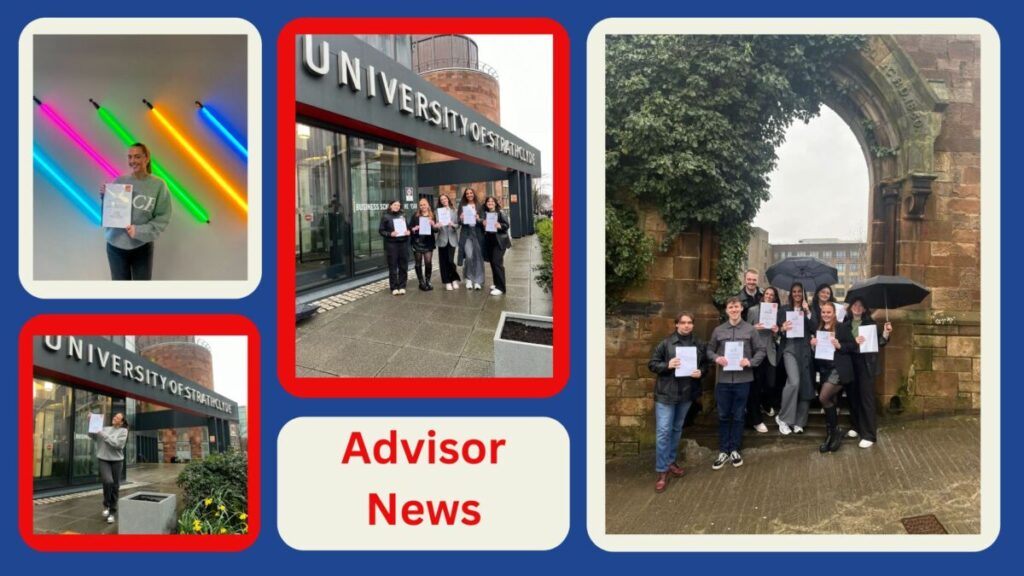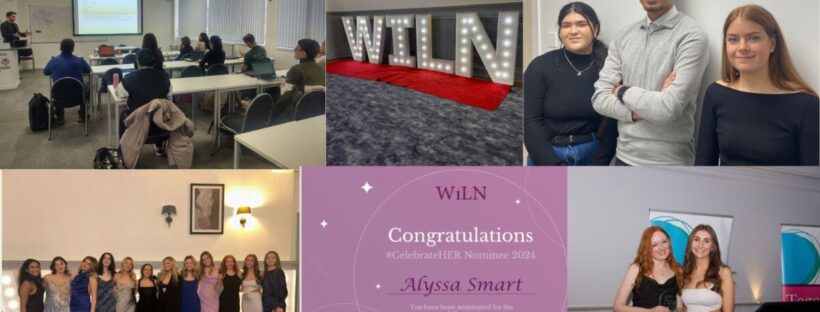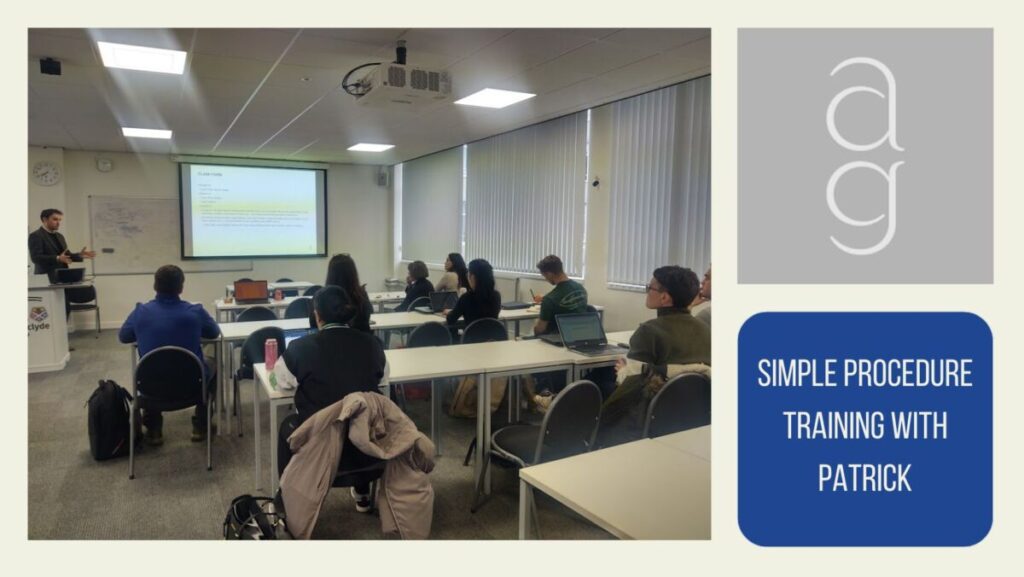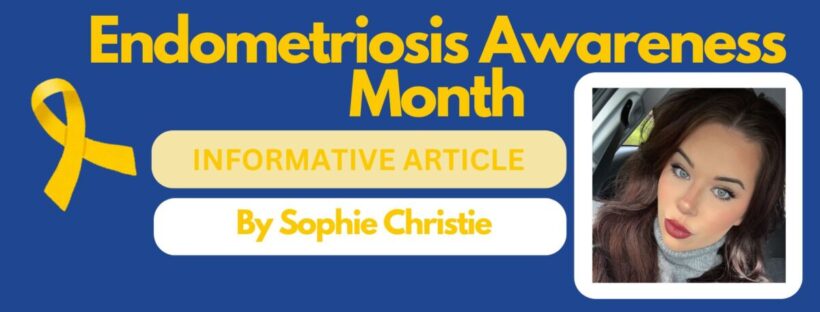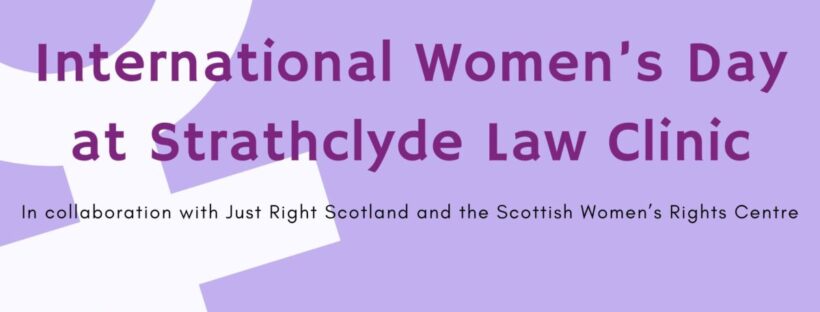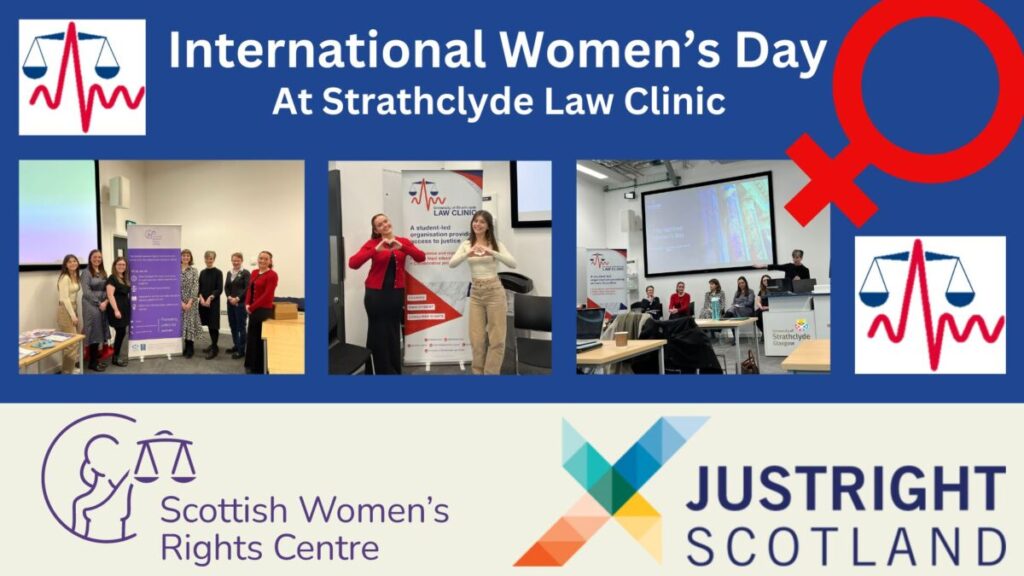In June, Strathclyde Law Clinic had the honour of hosting The Right Honourable Lord Reed, President of the UK Supreme Court, during his visit to the University of Strathclyde. This visit, preceding his receipt of an honorary degree at the 2023/2024 Law Graduation, was extremely insightful and inspiring for our students, allowing us to engage in highly interesting discussions around access to justice.
The Rt Hon Lord Reed is the current president of the UK Supreme Court, taking up his position in 2020. He was appointed as a justice to the Supreme Court in 2012. Lord Reed is the first Scottish president of the UK Supreme Court. He attended the University of Edinburgh, achieving a first in his LLB, one of only four students to do so. From there he progressed to studying a DPhil at Balliol College, Oxford on “Legal Control of Government to Assistance to Industry”. He returned to Edinburgh to prepare for admission to the faculty of advocates, doing so in 1983. He was appointed Queens Counsel in 1995 and a judge of the Court of Session and High Court three years later. He has also served as an ad hoc judge at the European Court of Human Rights, as a representative for the UK, and a non-permanent judge to the Court of Final Appeal of Hong Kong.
Lord Reed is known for his commitment to engaging with law students across the UK, delivering lectures and emphasizing the importance of access to justice. He has visited fellow universities with law clinics such as London South Bank, Kent, Aberdeen, King’s College, and Liverpool.

At Strathclyde, Lord Reed was welcomed by Professor Paterson, a member of our board of directors, Stuart Kelly, the deputy head of the law school and a Law Clinic alumnus, and our student directors, Corey Beaton and Gordon Gow. Despite the heat in the Graham Hills Building, the event was made comfortable with the help of fans, setting the stage for a productive and insightful session.
The presentation commenced with a discussion of Strathclyde Law Clinic’s journey since its inception in 2003. Now established as Scotland’s largest law clinic, we are one of the few to provide representation. The presentation covered our main functions, collaborations, and advice streams, including advice and assistance cases, initial advice clinics, the online project, and the asylum project. Highlighting our impact, we celebrated surpassing the £2 million mark in client savings last year, a milestone achieved through the dedication of our student advisors. A notable case discussed was the landmark Long COVID decision, where our client, a 71-year-old caretaker dismissed due to the debilitating after-effects of COVID-19, successfully brought claims for unfair dismissal and disability discrimination before the Employment Tribunal.
Following the presentation, Lord Reed engaged in a stimulating discussion with the students about the nature of our work. Strathclyde Law Clinic aims to enhance the holistic approach of legal education, aligning with Strathclyde’s ethos as “a place of useful learning.” Clinical LLB students shared how clinical modules have enriched their education and practical experience, led by Jess, who emphasized the benefits of this hands-on approach.
The visit concluded with encouraging words from Lord Reed, who urged students not to spend all their time in the library but to engage actively in practical learning experiences. His visit was a memorable and inspiring event for everyone at Strathclyde Law Clinic, reinforcing the vital role of clinical legal education in shaping future legal professionals.
“It’s been a real pleasure to meet you all, I’m full of admiration for what you are doing.”
– Lord Robert Reed, President of the Supreme Court of the United Kingdom











